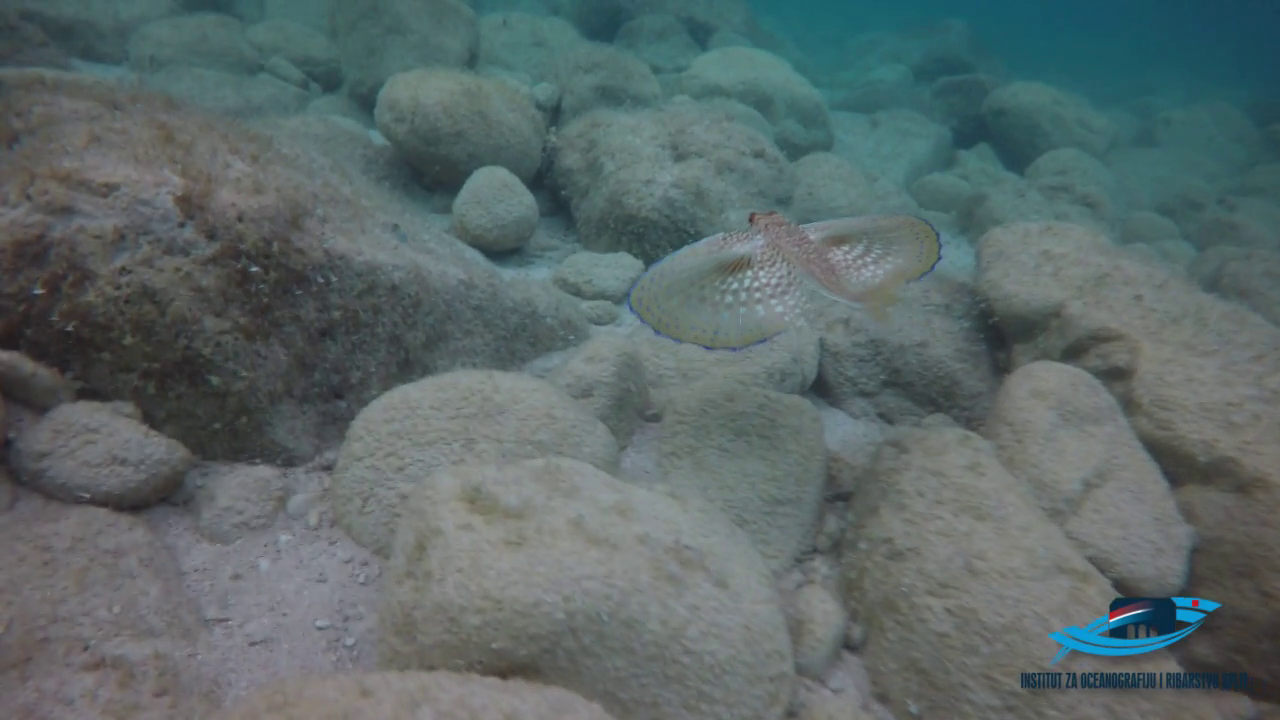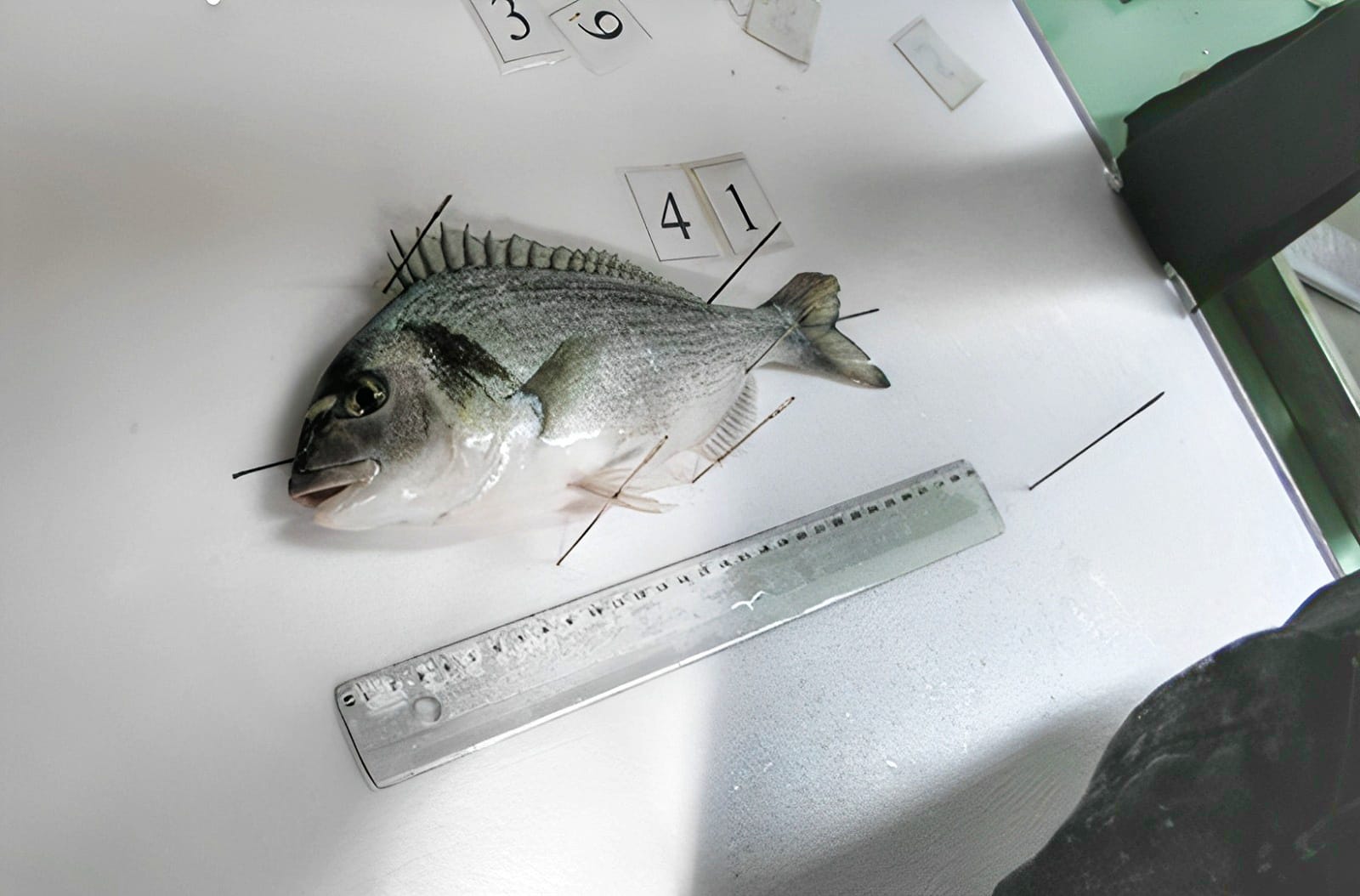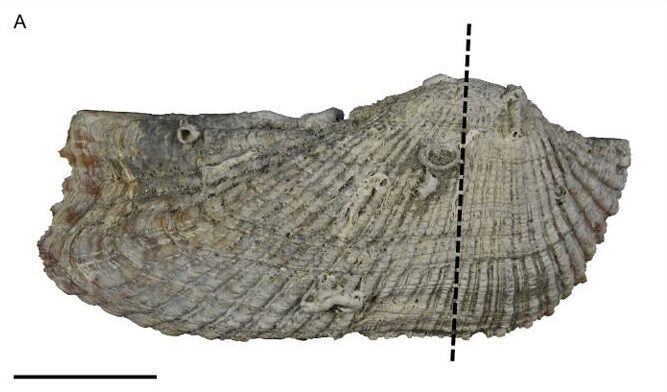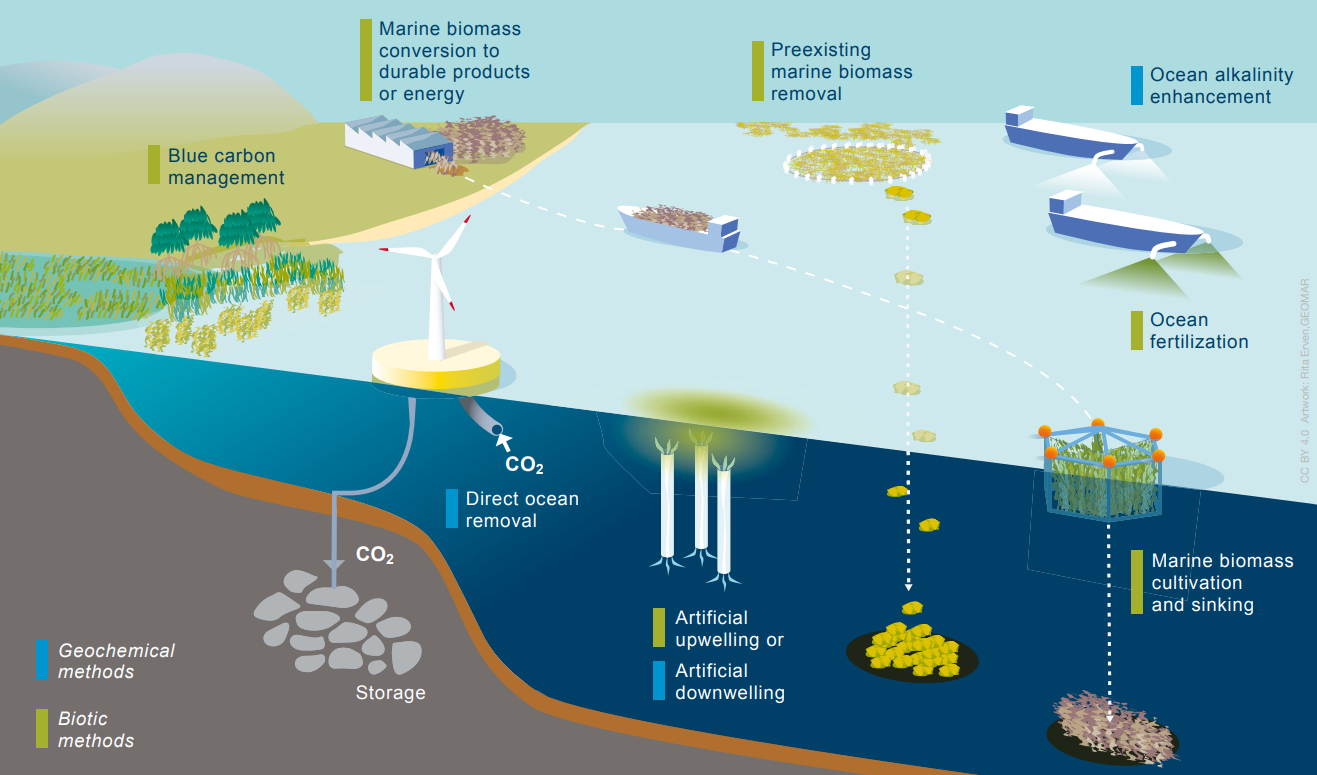Buying seafood from the fishmonger or supermarket has a direct impact on the choice between overfished seas and sustainable fishing.
The growing demand for seafood has increased the pressure on marine resources, underlining the importance of promoting sustainable seafood products. Raising consumer awareness of the environmental sustainability of seafood is an important link in the conservation of marine resources.
Scientists from 13 European countries, including Dr. Vjekoslav Tičina from our institute, have developed the idea for an easy-to-understand yet comprehensive system for assessing environmental sustainability and published their work in the journal Environmental and Sustainability Indicators. The system developed by the scientists combines three indicators that inform consumers about the impact of fishing practices:
-Impact of fishing on marine habitats
-Condition of fish stocks
-Risk of bycatch of sensitive species
The work is the result of the scientists’ participation in the Expert Working Group (EWG23-18) of the European Commission’s Scientific, Technical and Economic Committee for Fisheries (STECF).
The proposed system is applicable to any marine fishery product, whether caught domestically or imported, and is based on publicly available information. A rating scale from 1 to 5 is used to clearly and effectively communicate the risks to environmental sustainability to consumers, policy makers and other stakeholders in the fisheries chain – from catch to consumption.
The results of the scientists’ analyzes show the different environmental risks associated with different fishing methods. This is important for making informed decisions that support sustainable fishing practices. A clear, transparent, fair and adaptable rating system can improve public awareness and steer the seafood market towards more environmentally sustainable options.




